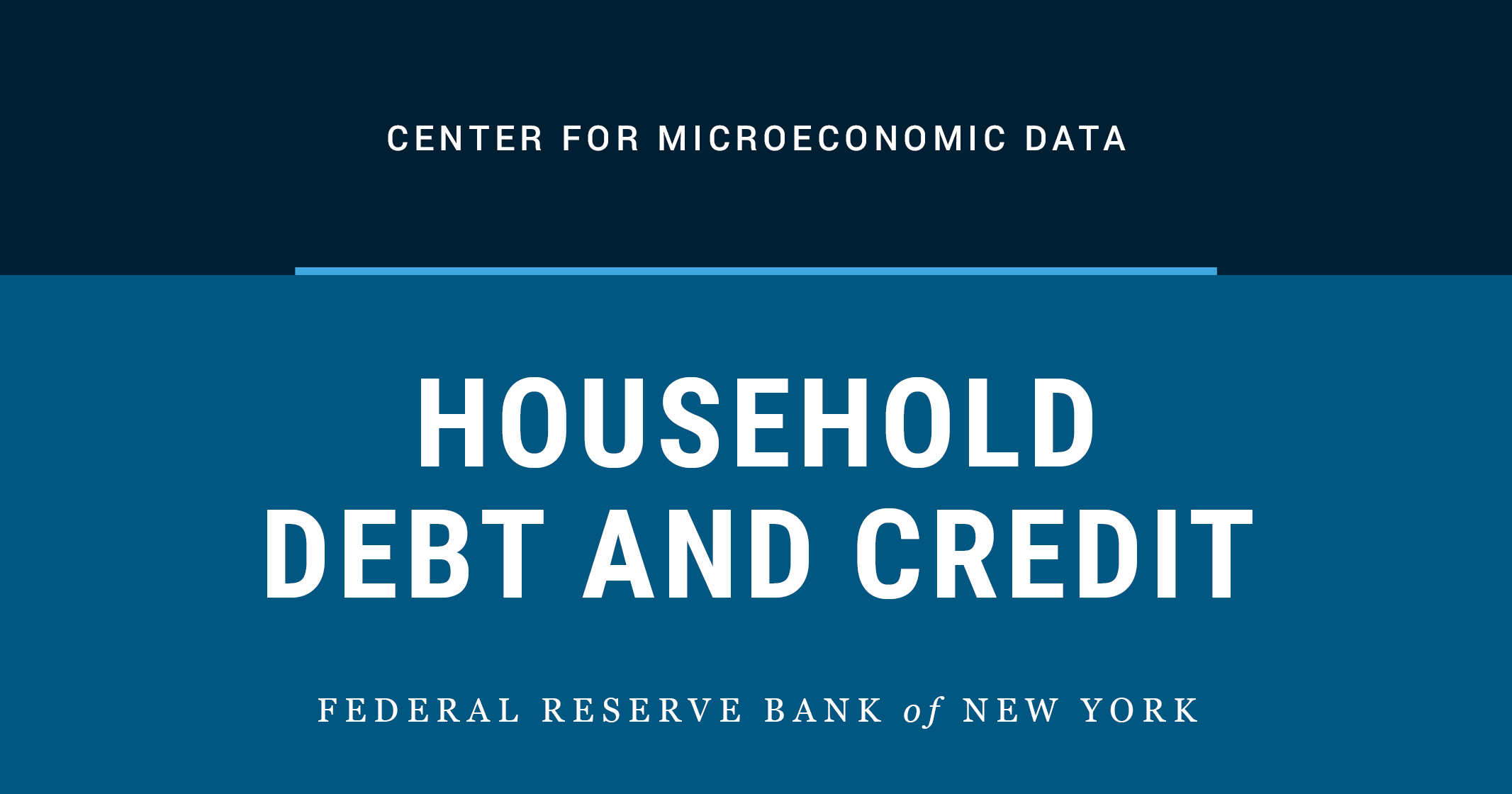Except? Real wages go up during times of high unemployment because of composition effects (people with lower pay are more likely to keep their jobs) and then comes down during recoveries (as lower-paid workers regain jobs). But the current level is higher than any pre-pandemic level, and growth has been extremely strong for the past year. Again, look at everything.
Um, that's because when growth is strong, there is more inflationary pressure. Inflation is partly a sign of a strong economy.
Prime-age LFP is at the highest level since 2001, near the all-time high.
Yes, but it's higher than at any previous time.
Quit rates are off their peak, but higher than at any time pre-pandemic since it's been measured.
Higher than at any previous time, though.
And near an all-time high.
Consumer debt service hit an all-time low in the pandemic era but is currently lower than at any time before the pandemic.
Again, the totality of the data paint a very clear picture. The economy was strong in 2019, but it's stronger now. This is the best time ever to be an American worker.
Real wages are down 2% the past 4 years, you simply can't spin that as a good thing. That isn't a sign that we have a booming economy or it being the "best time ever". At best you can say it is a sign of a stagnant economy, at worst you can say slightly declining. And again, that's assuming you believe that housing cost inflation is only 2% from 2021-2023, which I've laid out reasons why and you have agreed is undercounted.
Prime age LFP is a subset of total LFP, not sure why you are concentrating on that over the overall metric. Also it's been relatively the same for the past 4 decades, within 1-2% for the entire span since 1985, not sure why you are using a measurement that has stayed static for 5 decades as evidence that the economy is great? Especially when it's only a subset of a larger metric that is actually down?
Household wealth should always increase, it's basically always increased for all of time except for brief periods during recession. If you think about how wealth works, over time it would make sense that it would increase if you save more than you spend. And again, it's tightly coupled to the stock market and housing market which are highly volatile and can change quickly, but not necessarily indicative of how the average person is affected by the economy. The fact that it hasn't continuously increased and remains stagnant over the past few years is a sign that the economy is not going in the right direction.
Quit rates are about the same as they've always been since the metric has been counted and decreased since the pandemic. Not a sign of going in a good direction.
Consumer debt is at an all time high (it decreased from 2008 to 2016) and more importantly, interest payments on the debt is even higher due to high interest rates. Despite the fact that there are less mortgages being taken out which account for the overall majority of consumer debt. So there is more non-mortgage debt being taken and higher interest rates to pay for that debt.
Unique data and insight into the credit conditions and activity of U.S. households

www.newyorkfed.org
The picture is clear, if you actually interpret the data. The economy is stagnant at best the past 5 years if you believe that the PCE accurately reflects housing price changes of 2% from 2021 to 2023. However in reality, consumers are taking on huge amounts of debt at high interest rates to pay for lesser amounts of housing. That implies they are spending more money on essentials like food. The people who are getting rich are the banks and bond holders, as they are getting lofty interest payments for providing less goods and services.


